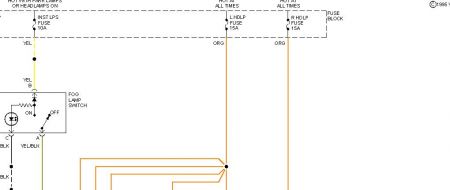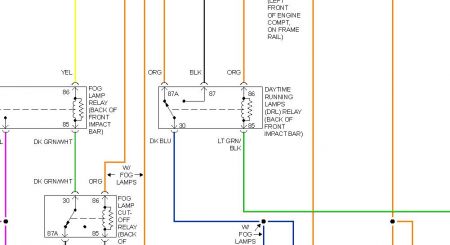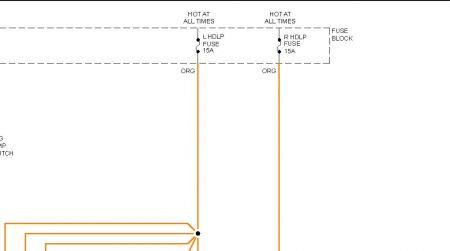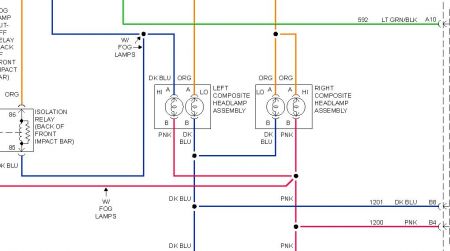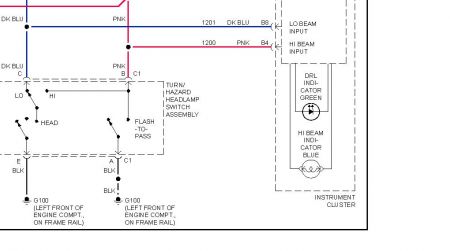A slipping belt will do the same thing as the bad diode I mentioned, only in a different way. Three things are needed to generate a current mechanically, (in a generator). They are a magnet, (electromagnet, in this case), a coil of wire, and most importantly, movement between the two of them. That's where the belt comes in and it is why all generators are less efficient at lower speeds. If the belt slips there won't be enough movement so the generator will be unable to produce its full current.
With a bad diode, two thirds of the output circuits are dead and that will also reduce output current.
A parts store can usually read any fault codes for you but they can't do the charging system load-test. Some of them have test benches to test generators if you bring them in but those only show if it's working to some extent, not to its full capacity. A generator under full load takes over five horsepower to run. The puny electric motors in test benches are less than one horsepower. To be able to run a generator under full load the pulleys are geared down a lot and that reduces the generators speed so again, it can't produce its full output. To be accurate, testing has to be done on the car, and the procedure always includes raising engine speed to 2000 rpm.
You might try checking at a Sears Auto Center. In the '80s they did the full battery, charging, and starter tests for five bucks.
Depending on which engine you have there are different ways the belt is tensioned. Unlike the older V-belts, the flat serpentine belts rarely slip due to excessive wear. Most commonly they slip due to a weak or rusted spring-loaded tensioner pulley. If you tug on the belt and see the pulley move, then spring back and hold the belt tight, the squeal would be caused by a misaligned pulley. Again, unlike the V-belts, these flat ones are absolutely not forgiving in the least with a pulley that is tipped or turned. When a pulley is tipped it makes the belt slide across it as it goes around it. 1/16" is more than enough to set up a horrendous squeal.
If the belt feels loose or the tensioner pulley doesn't take up the slack properly, that can cause the squeal and low generator output. Get that taken care of before the charging system is tested.
Monday, January 13th, 2020 AT 9:14 PM
(Merged)
